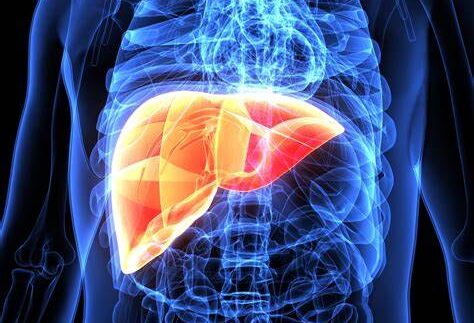
Liver Surgery
The liver is a major organ found in the abdomen which performs functions like detoxification, synthesis of proteins, and biochemicals. Causes of liver disorders include alcohol addiction, obesity, drug abuse, tattoos or body piercings, and type 2 diabetes.
The common conditions of liver damage are hepatitis, liver cirrhosis, and liver cancer. A person suffering from liver disorder develops symptoms like abdominal pain, nausea, vomiting, edema of arms and legs, and changes in the color of urine and stool.
If the liver disorders are not diagnosed and treated it can lead to complications like scarring of the tissue, finally leading to liver failure. Liver diseases are diagnosed with the help of the level of liver enzymes in the blood, ultrasound, MRI, CT scan, and liver biopsy.
Treatment for liver conditions are medications and certain life changes like avoiding alcohol, increasing fiber intake, and limiting the fat content in food.
A liver transplant is a procedure for replacing a diseased liver with a healthy one. Types of liver transplants include orthotopic transplants, living donor transplants, and split donations. Transplant surgeons perform this type of surgery along with the guidance of a hepatologist.
Steps to guide you during the post-operative period:
- Limit your sugar, fat, and carbohydrate intake.
- Avoid alcohol consumption.
- Maintain a proper food and sleep cycle.
- Include nutrient-rich foods in your diet.
- Never skip medicines and go for regular follow-ups with your doctor.
